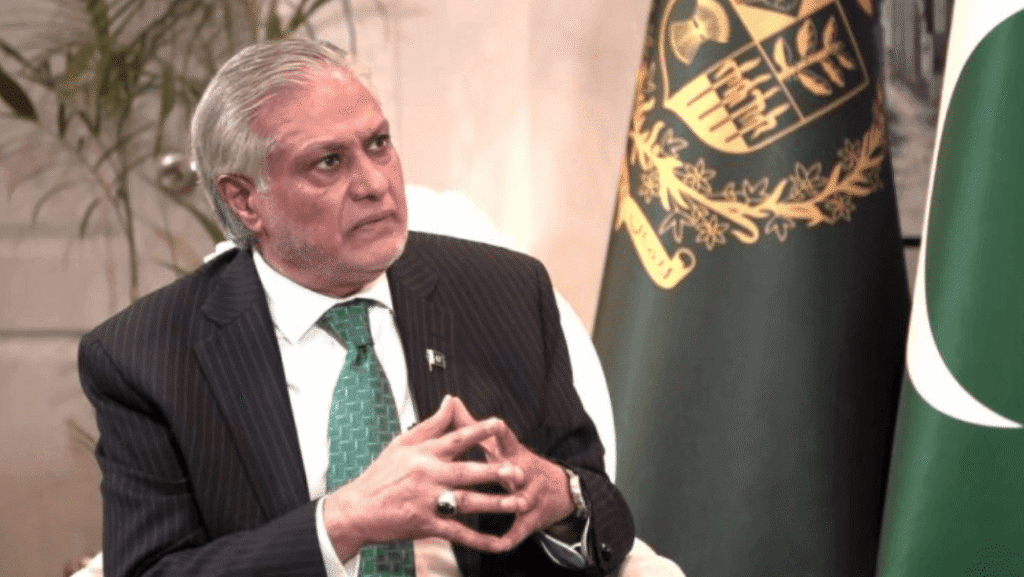Islamabad: Deputy Prime Minister and Foreign Minister, Senator Mohammad Ishaq Dar, has warned that the ongoing ceasefire between India and Pakistan could be at risk if the water dispute—primarily due to India’s suspension of the Indus Waters Treaty (IWT)—is not resolved. In an interview with CNN, Dar stated that Pakistan had no intention of using nuclear weapons against India, emphasizing that Islamabad’s retaliatory strikes on May 7 were strictly defensive in response to unprovoked Indian cross-border attacks.
Dar characterized India’s military operation against Pakistan as a “war” and a “wishful attempt to establish its hegemony” in the contested Kashmir region. However, he clarified that the nuclear option was “never on the table” for Pakistan. “We were very sure that our conventional capacity and capabilities are strong enough to beat them both in air and on the ground,” he said.
Despite the current ceasefire, Dar cautioned that no comprehensive negotiations have yet taken place. “We still hope sense will prevail,” he added. When asked about the ceasefire’s initiation, Dar explained that it was in everyone’s interest to resolve these issues promptly. He noted, “The Indians had seen what happened in the sky. They could see how serious the damage was.”
Dar also contradicted earlier claims made by India’s Director General of Military Operations, stating that there was no direct communication between Indian and Pakistani officials regarding the ceasefire. Instead, he revealed that US Secretary of State Marco Rubio had relayed the message that India was prepared to halt the fighting.
Looking ahead, Dar stressed Pakistan’s commitment to establishing a path for long-term peace and security, focusing on “dignity for both sides.” He identified Kashmir as “the root cause of regional instability” and reiterated the need for the region’s “future self-determination.”
IWT Suspension Decried as Unlawful and Against Humanitarian Law
Meanwhile, PPP Senator Sherry Rehman condemned India’s suspension of the Indus Waters Treaty, calling it a violation of humanitarian and climate laws. “Whatever they [Indians] are doing, can happen to them too,” she said, highlighting Pakistan’s ongoing efforts to draw global attention to the Kashmir dispute.
Rehman also criticized India’s restriction on Sikh pilgrims by closing the Kartarpur Corridor, urging for diplomatic solutions and international mediation. She praised the Pakistani media for its “mature” and “responsible” coverage of the India-Pakistan conflict, underscoring the importance of resolving these issues through peaceful means.
